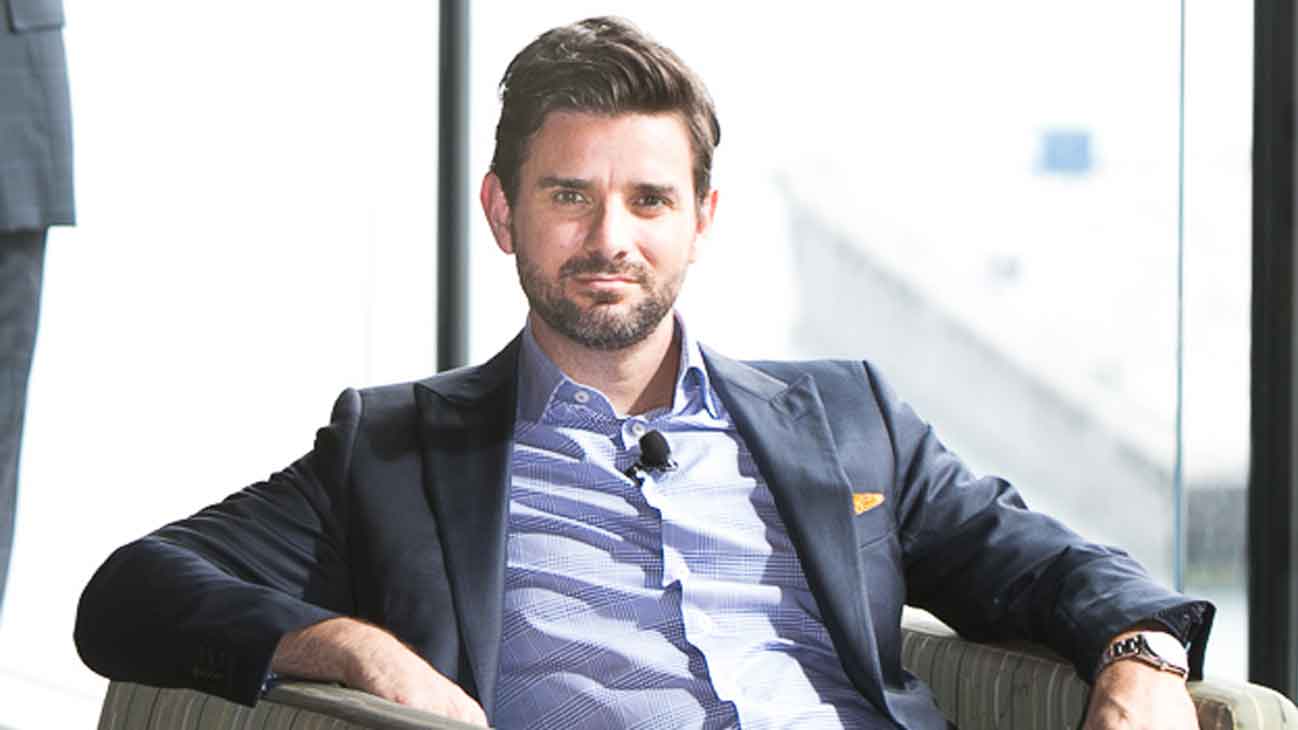Michael Hyatt was a self-made millionaire by the time he was 25, after building a successful technology company with his older brother, Richard. They sold that company, Dyadem International Ltd., in an “eight-figure deal” in 2011 to IHS Inc., a Colorado-based information analysis company. The brothers then went on to build their second software company, BlueCat Networks Inc., where Mr. Hyatt now serves as executive chairman. The 41-year-old is also a “Dragon” on CBC’s Next Gen Den, the online version of its parent TV program Dragons’ Den, as well as a mentor and investor in many startups and chairs his family’s charitable foundation. The Globe recently spoke with Michael about his investing style, and where he puts his money so that he can sleep better at night:
How do you approach investing?
I’m smart enough that I don’t know anything – which is a great place to be. I was successful in building my own companies with my brother and we made a lot of money over the years. You have to figure out how to make money on that money. A wealth manager for a high-net-worth family office once told me it wasn’t the return on capital that you should be worried about – it’s the return of your capital.
Going back to some principles of what your grandmother told you is probably the way to invest: Don’t put all of your eggs in one basket. Being diversified doesn’t mean buying different gold stocks.
What investments do you currently own?
I own a mix of property in different parts of the world – the U.S., Europe and Toronto. At least half of my exposure is the U.S. I’ve made a very specific bet for the past five years, which is that America will come back, and I’ve been right every year.
I also invest in venture capital (VC) firms and work with one specifically in Toronto – Georgian Partners. We also invest in Kensington Capital Partners. I like private equity as well and I also invest in startups. About 5 per cent of my portfolio is in VC and private-equity firms.
I think I’m being very conservative. You could probably go up to 20 per cent. It depends on your liquidity needs. I love having liquidity.
What type of stocks do you own?
Here’s the way I look at it: Anything that you’re buying that you keep paying is a liability. Anything that pays you when you sleep is an asset. I like buying dividend-paying stocks, bonds, preferred shares and real estate that pays me when I sleep. Some of the stocks I’ve loved for a long time include Wells Fargo, Procter & Gamble Co. and Johnson & Johnson. There’s nothing exciting about them, but I get paid when I sleep and they aren’t going anywhere. I also have Starbucks because I go there every day and I love the business model.
I’ve also made a lot of money over the years on the Canadian banks. I just sit on large brands and let them keep paying me dividends. Nothing works better than compounding.
What’s your take on the recent volatility in the markets?
It’s hard not to have fear grip you when you wake up to the Dow off by over 1,000 points. The recent volatility gives one pause to review their strategy. But really, all you can do is be thankful you bought high-quality, often boring stocks that are likely oversold, and think about buying when there’s ‘blood on the streets.’ For example, right now I’m looking at high-quality resource stocks that have been very beaten down.
In Canada, that’s companies like Canadian Natural Resources Ltd. and Husky Energy Inc. In the U.S., it’s Chevron Corp. and ConocoPhillips Co. and Total SA, and Royal Dutch Shell PLC, internationally.
I like the ones that have solid cash flow when the resource is at its low.
What was your best investing move?
Building my own company. Richard and I have created tremendous value by betting on ourselves. What I did best was hire people that were better than us to build our companies, and it’s gone really well.
What was your worst?
I’ve tried to catch falling knives. A recent example was buying Twitter. I bought when it dropped to $40, then it fell further. When I’m an investor I make money. When I speculate, I lose money 50 per cent of the time. If you want to lose money, give it to me to speculate.
What other advice do have for investors?
Nothing is better than buying a high-quality company with good cash flow and being able to hold it. It’s the same with real estate. If you buy a piece of real estate today and aren’t willing to hold it for five years, don’t buy it. That’s crazy. Maybe you could flip it, but that seems a bit rash.

